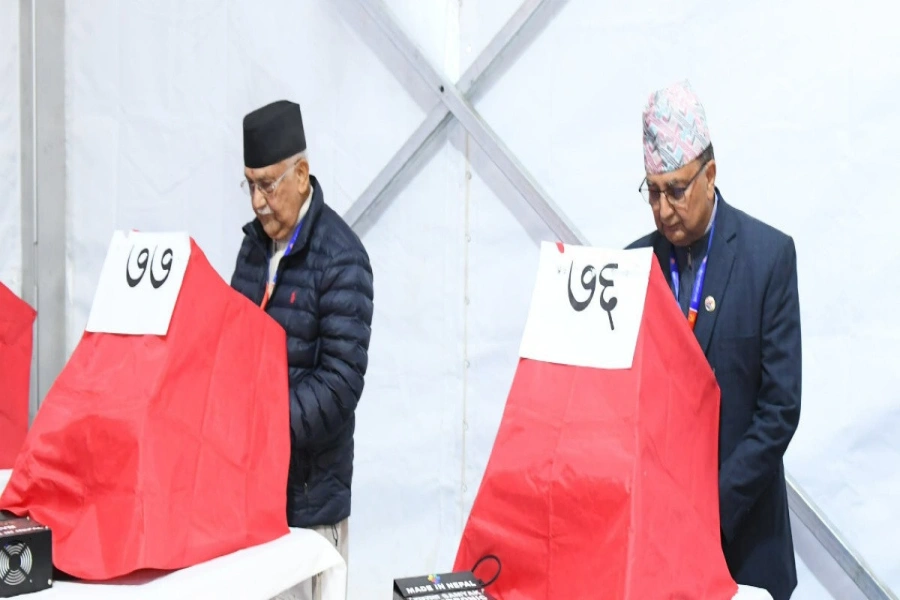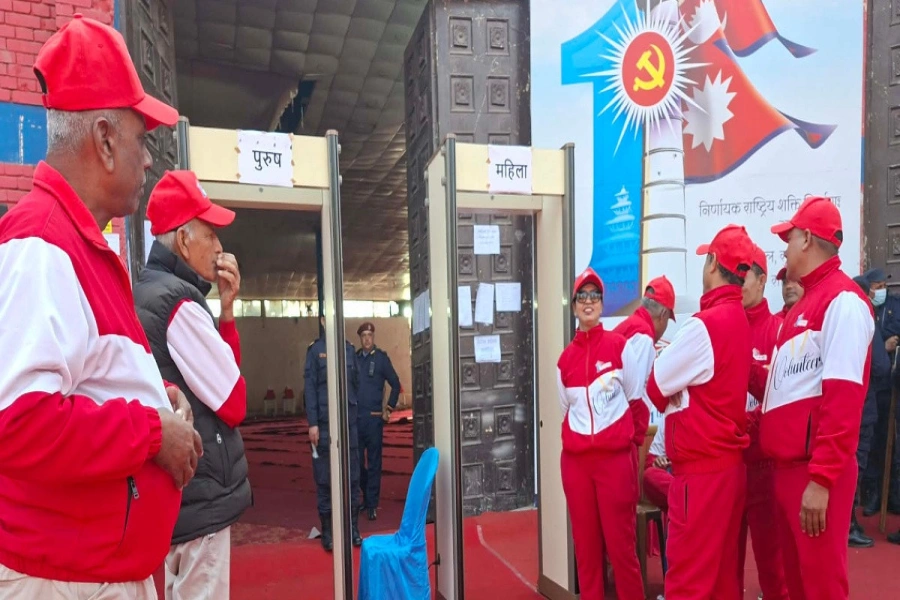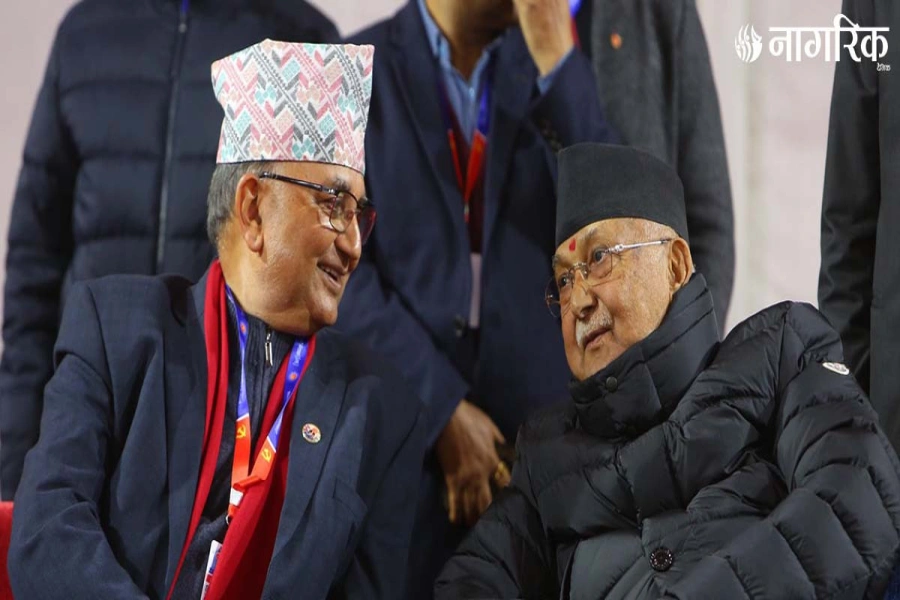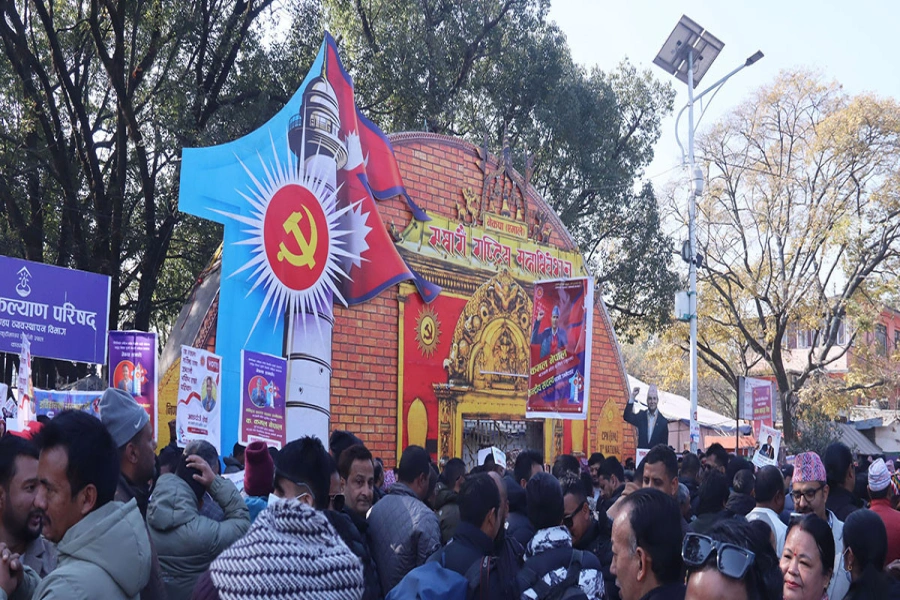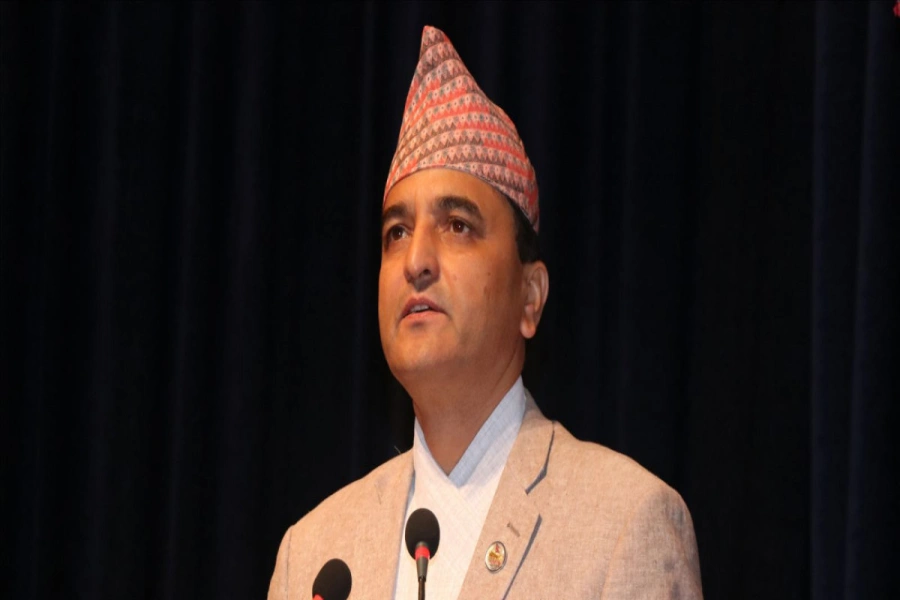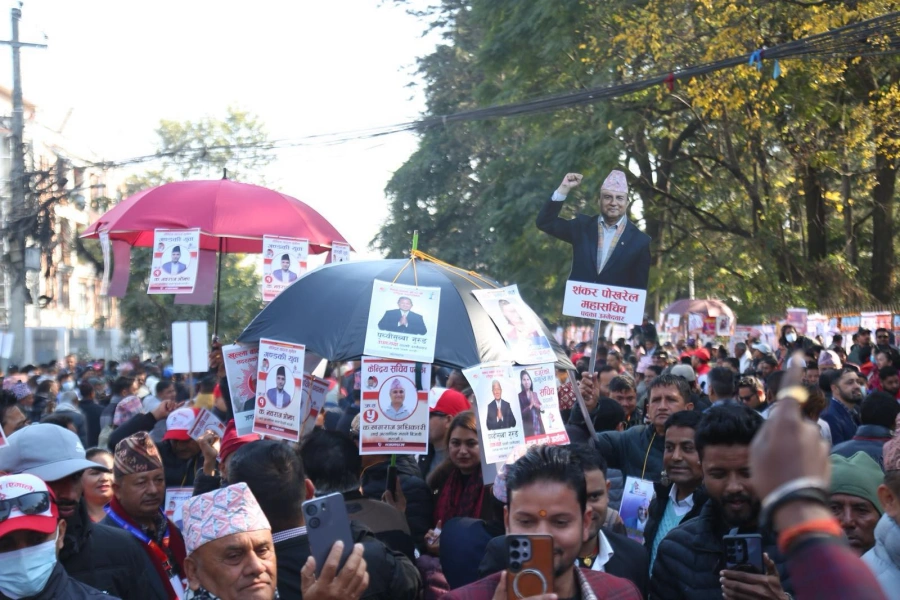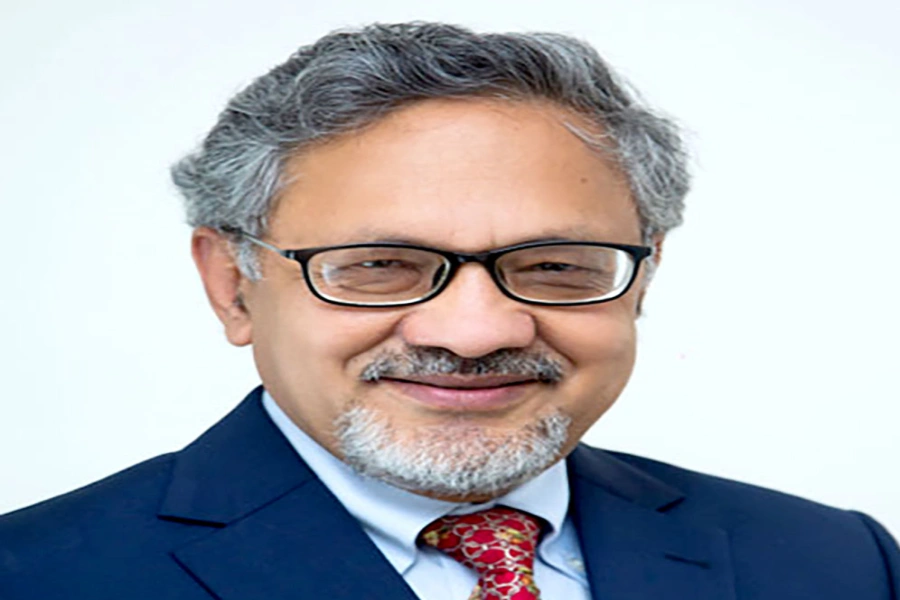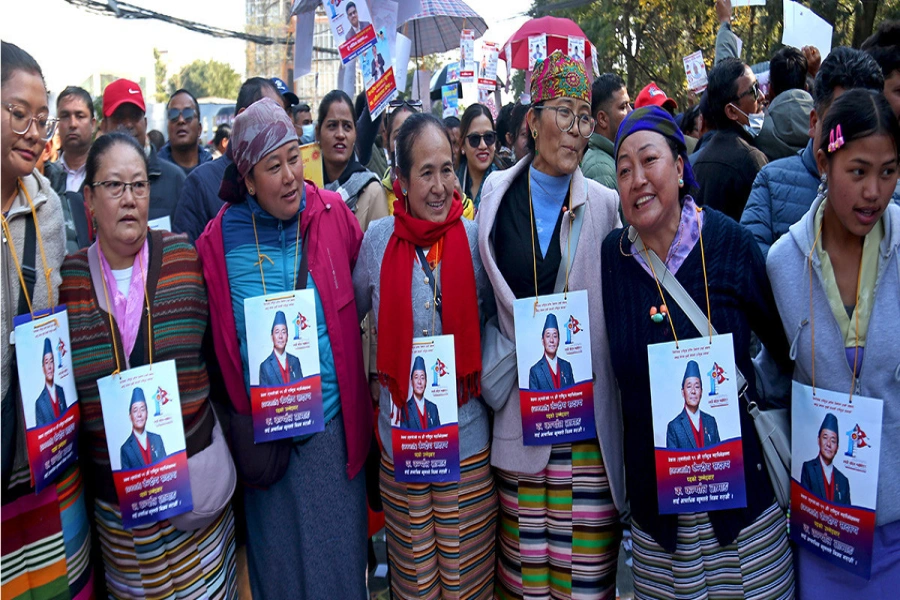Experts say that the destruction is actually less considering what 7.9 magnitude is capable of. So, I believe we have been lucky, also considering the fact that it was a weekend and families were together.
No matter what the experts say, the earthquake did kill thousands and left many injured. It has made deep wounds in our life for which even time can't be the best healer. But my question is should we move ahead cursing the nature for what it has caused? Is it ok to just keep criticizing the government for what it did and what it didn't do?This could be answered by the current activity of people in Sindhupalchowk. I'm sure we all know about the losses of life and devastation of property in Sindhupalchowk but those are not the only happenings. People are now trying to convert their grief into strength. They are helping each other to clean up the rubble and build temporary shelters. Ram Bahadur Tamang of Ichwok VDC says, "We didn't just sit and wait for the relief amount for construction. We worked in the community to make temporary shelters using local materials like bamboo, pieces of wood, tin roofs and nails."
A political representative informed that almost 70% of people have already built their temporary settlement with the help of community members and volunteers from different political organizations, NGOs and youth activists. Parents are concerned about reconstruction of schools and colleges. If the classes don't resume soon, the session might lapse which can hamper the education of children. Mere issuing of a notice by the District Education Office to restart classes wouldn't suffice; a proper evaluation of buildings is equally important.
Among the many debates on the earthquake, I hear people stating with apathy that Nepal has moved 20 years back from the development process. This statement could be partially true with lessons from some earthquake hit countries like India (Gujarat), Chile and Haiti. Gujarat in 2001 experienced an earthquake of 7.7 magnitude which left thousands dead. But Gujarat didn't give up; rather it built itself up from the pile of debris to the economic powerhouse. Kutch and Bhuj, the once devastated villages, have been developed into industrial hubs by converting the waste of earthquake into wealth for the state.
On the flip side is Haiti. During polarized political discussions, experts and leaders often state that we should prevent Nepal from being a failed state like Haiti. The earthquake of 2010 in Haiti took many lives and brought more than one million people
to tents.
Now after five years, more than 85,000 people are still living in tents. It was basically the tendency of people to wait for the relief materials. When the rice, grains, foods and other necessary materials were continuously supplied, the people craved for more. Today in some parts of Haiti, people are still seen staring at the sky and waiting for the relief materials to be dropped from the airplanes rather than working in the fields and factories. Haitians are probing for transparency on the 13.5 billion USD obtained from grants and aid by the
government.
At this point of time, it's totally upon us, Nepalis, to either build up like Gujarat or follow the trend of Haiti. If we see the present context of Nepal, we will find many people struggling to start their daily routine, some farmers are preparing to sow the rice waiting for the monsoon to begin, they are digging out the sacks of rice from the rubble to feed their families; maize fields are being frequently visited to collect the food for every night. These activities in rural areas show that people want to work on their own.
But at the same time, there are people in some areas who are fighting for a sack of rice stating that the other one got a few more extra. Some are using relief materials to store for years while some are sleeping on empty stomachs.
Now the question is, what is the motive of providing relief materials? Whether we are distributing the materials or receiving them, we must understand that it's a temporary means to fulfill immediate needs. We should work to assist farmers to go back to the fields instead of spreading their hands for relief support. We should locate the places where there is less cultivation or where people lost their grains from the house's store and make arrangements for their food until the next harvest.
And the most important lesson to be learnt is that the earthquake should be the reason we support each other and build back the nation.
The writer is the Central Committee Member of All Nepal National Free Students' Union (ANNFSU).
Lessons from Southeast Asia



-1765954965.webp)

